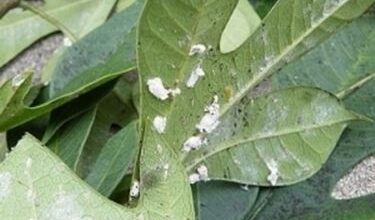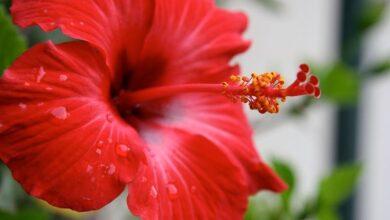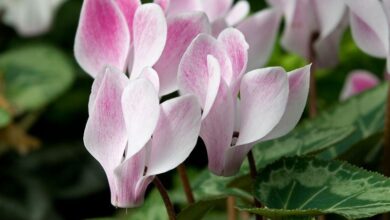Cocciniglia agrumi
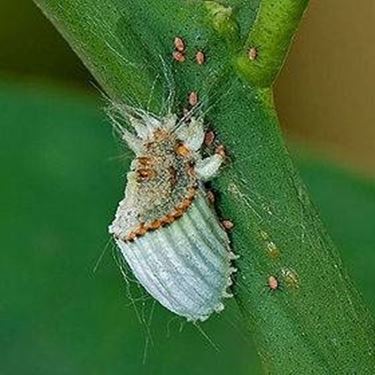
Cotton cochineal of citrus fruits

Comma cochineal
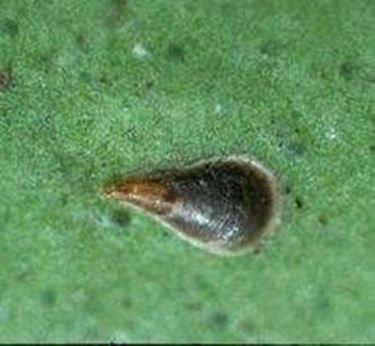
The comma cochineal is a parasite that affects, in particular, lemon plants and takes its name from the curious elongated shape. As for the cottony cochineal, the dimensions are extremely small, in the order of a few millimeters, therefore it is not always easy to identify its presence and run for cover before extensive damage to the plant is caused. In particular, the comma cochineal damages the leaves and fruits, stealing from them the vital lymph necessary for their correct and healthy development. Although its action is less aggressive if compared to that of the cottony cochineal, even in this case a timely intervention and correct prevention are fundamental operations to prevent the plant from suffering damage which will no longer be possible to remedy. Once the plant is colonized, the cochineal causes encrustations on the branches and fruits. The presence of this parasitic insect also causes the drying of the stem of the plant, from which the deterioration of the colonized parts derives. As for the cottony cochineal, also in this case the period of greatest diffusion is the summer one, while the damages will begin to be clearly visible only later.
Damage caused by the scale insects
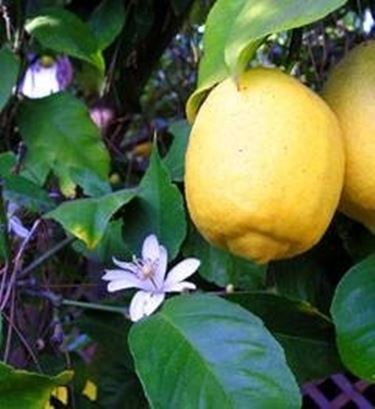
The presence of cochineal or other types of parasites is not only an element that makes the plant less luxuriant and therefore a negative value from an aesthetic point of view: these plant enemies cause wounds and deprive parts of the nutrients necessary to live, proliferating in the of flowering and greater development. The cochineal, in order to feed on the sap of the plant, causes wounds, then preventing the nourishment from reaching the most peripheral parts. A further sign that allows us to identify the presence of an ongoing cochineal infestation is the production of honeydew, which smears the vegetation in large quantities and causes the appearance of fumaggine. Furthermore, a strong presence of non-contrasted cochineal can also cause the fruits to fall before they ripen, with obvious damage for those who instead wish to cultivate fruit and citrus plants for consumption. It is therefore evident that prevention is fundamental, to avoid having to resort to timely interventions when the plant has already been damaged and its seasonal development has been compromised.
Citrus cochineal: Combat cochineal
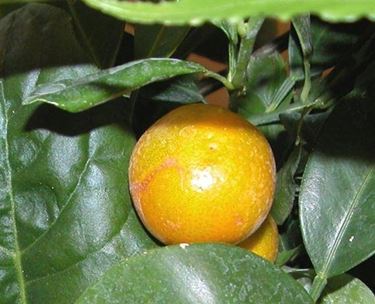
Given the seriousness of the damage that the cochineal can cause to a plant, it is essential to be able to eliminate its presence before it goes into action and excessively weakens the crops. To counteract its proliferation it is possible to act preventively, first of all avoiding the use of excessively nitrogenous fertilizers. If the presence is still limited to certain specific areas, it is possible to intervene with a cotton swab soaked in alcohol: it will be sufficient to pass it over the affected part to eliminate the presence of parasites. If, on the other hand, the infestation, as is more likely for tall trees, is widespread, it is necessary to intervene chemically. In this case, the selection of the product to use is extremely important: it is necessary to identify the most suitable preparation for the species that has infested citrus fruits, also taking into account the stage of life of both the parasitic individuals present and the characteristics and development of the plant, which must not be further damaged. As an alternative to traditional pesticides, it is possible to intervene with natural preparations and therefore not harmful to the plant or to humans: the most widespread and effective are made with Marseille soap or oregano, or even white mineral oil. .


